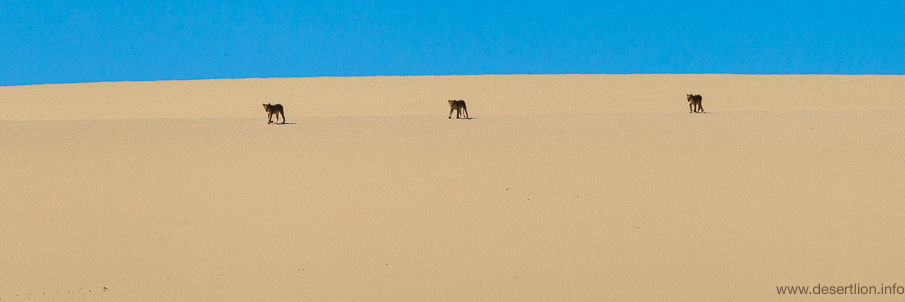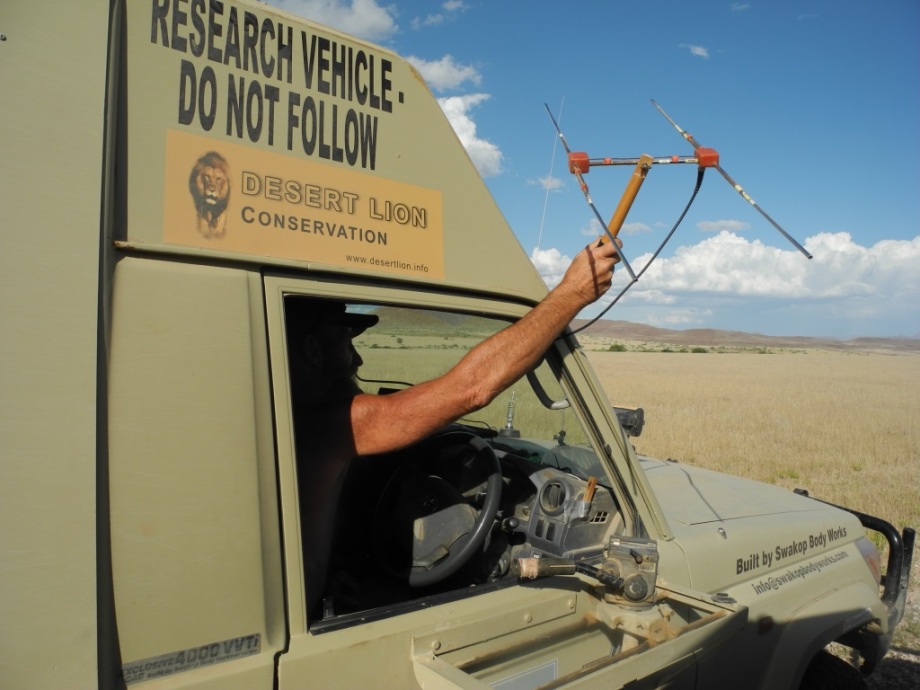-
the ability to see, hear, or become aware of something through the senses.
-
the state of being or process of becoming aware of something through the senses.
-
a way of regarding, understanding, or interpreting something; a mental impression.
-
intuitive understanding and insight.
-
PSYCHOLOGY/ZOOLOGYthe neurophysiological processes, including memory, by which an organism becomes aware of and interprets external stimuli.
-
(For the purposes of this blog post, I am concentrating on the second part of this definition, the mental impressions we have of ourselves and the world around us.)
I have been pondering this term perception for quite some time. It crept into my brain during the elections, most specifically to explain the outcome. I began to realize that it didn’t matter what Hillary Clinton did or did not do, the perception that she did something wrong (or even illegal) was strong enough to stop people from voting for her.
Perception is much different than reality or truth. Perception is based on all sorts of factors, some of which have nothing to do with the truth and everything to do with our backgrounds, our experiences, our morals, our wishes and our desires. It is not quantifiable, nor is it something that can be predicted on an individual level.
There are many ways that perception has been wandering around my thoughts lately. I had actually planned several other posts about it, but I think they will have to wait. This morning there was an image on facebook that hit me squarely in the gut.
The image was of a lion lying dead among the rocks.
Considering how many images flash before my eyes as I scroll through facebook, it is fair to ask, why did this one catch my eye? I don’t have a pet lion, I don’t go to the zoo often enough to get to know the lions personally. I can’t say I have even seen this lion.
Here’s the thing. Tullamore was a part of a (now) rare group of lions. Most of the time we see lions living in the savannah, moving through the grass, showing up around waterholes and hunting the plentiful game. The lions of the west coast of Namibia are desert lions. They live in some of the harshest conditions, little water, little vegetation and little game. They have lived in this area for a very long time and once were pretty plentiful. Then came man. And cows. And other livestock.
In an area that is short on game, it makes sense that a herd of cows would be seen as a gift to a predator. It would also make sense that the owners of the cows would take great offense at having their livelihood eaten by a big cat. Here is where the perception thing comes in.
I am a rich American. I take a trip to Africa, stay in a lodge in the middle of a dessert for three days. I hear about these animals and I see the beauty of them. That is, after all, why I am there. I am a woman from the east coast of the US where there are no predators and I get to stand in front of a cheetah, or a rhinoceros, or to get close enough to practically touch an elephant and it seems like a dream. In the safety of my vehicle or standing beside the tracker with his gun, I am allowed the luxury of “being with” the animals, seeing them walk, run, play and hunt. I come home to watch countless videos of animals in the wild or Planet Earth or read books about how many species are going extinct. I view, from afar, the devastation of man around the world. And I judge. And I grieve. My perception of the death of a lion is based on my need to pet the fox when I was three (my mother nixed that idea quickly). My heartache comes from knowing that “Tullamore” was the last of a group of five male lions in the area (they were called the Five Musketeers). His four compadres were shot or poisoned over the last few years by farmers. I grieve because I met the guy who has has been studying these proud animals, a man who spends much of his life in isolation, and loves it. Unless someone kills an animal.
So what would be my perception if I were a Namibian farmer who does not see any monetary gain and many deficits with the lion population? What if I wanted to send my children to a good school, or build new fences, or dig a new well and a lion started to eat my profits? What if I am of a generation that grew up killing predators without judgement, in fact was rewarded with a pat on the back from my fellow farmers? How would I perceive lions then?
I don’t know. That is the thing about perception. You can’t always tell how you would react if you were in someone else’s shoes. I can only hope to feel compassion for this person. It is tough, it is a stretch for me, at least until I stop feeling so very angry and sad. Until I stop feeling. But right now, my perception of the person who poisoned this lion is that they are not a good person. I don’t know them, I will never meet them, but at this moment I hate them.
I will end by showing three photos. The first two are of cubs in the sand dunes. The last is of Dr. “Flip” Stander monitoring the lions. Despite the setbacks of the last couple of years, he continues to work with the growing population of lions, as well as finding ways of connecting with the surrounding human population. Looking at these pictures makes me smile. Life includes death, even if it doesn’t feel good. But for now, I want to concentrate on the living…


